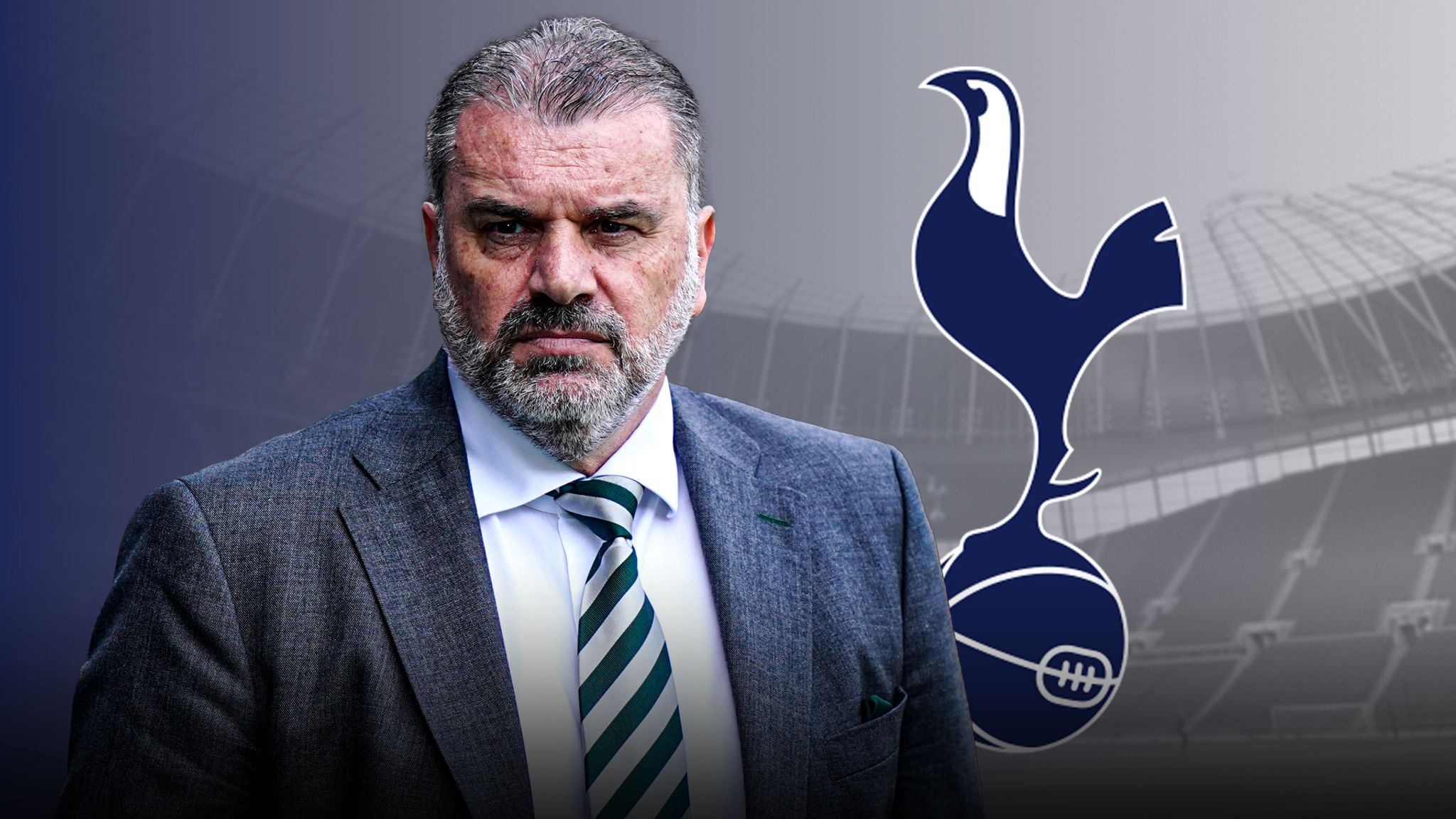Forever in our heart behind my career PressuresAthletes….
Athletics has long been celebrated as a pinnacle of human achievement, showcasing the extraordinary capabilities of the human body and spirit. However, beneath the glittering surface of medals and accolades lies a complex web of pressures that athletes face, which can profoundly impact their mental, emotional, and physical well-being. This exploration aims to shed light on the myriad challenges athletes endure while pursuing their passion and the ways in which these pressures can affect their lives.
The Weight of Expectations
From a young age, many athletes experience immense pressure to excel. Families, coaches, and peers often set high expectations, sometimes projecting their own dreams onto the athletes. This can lead to a toxic environment where success is measured solely by performance. As athletes climb the ranks, the pressure intensifies. Professional athletes face scrutiny from fans, media, and sponsors, creating an almost insurmountable burden to consistently perform at their peak.
The relentless nature of competition means that even a single poor performance can lead to harsh criticism. For many, this expectation can transform from motivation into anxiety. Athletes might struggle with the fear of failure, leading to a cycle of stress and self-doubt. The mental toll is significant; many athletes report feelings of isolation and depression when they do not meet expectations or experience setbacks.
Physical Demands and Injuries
The physical demands of competitive sports are staggering. Training regimens can be grueling, pushing athletes to their limits and often beyond. The constant pressure to maintain peak physical condition can lead to injuries, which in turn can create a vicious cycle of anxiety about performance and fitness. Athletes often feel compelled to push through pain, fearing that any time off could jeopardize their careers.
Moreover, the culture of “no pain, no gain” can lead to an environment where athletes ignore their physical limits. The fear of losing their position, sponsorships, or public favor can drive them to make poor decisions regarding their health. Unfortunately, this often results in chronic injuries that can end careers prematurely.
The Impact of Social Media
In the digital age, athletes are constantly under the microscope, with social media amplifying both the praise and criticism they receive. The immediacy of feedback can be overwhelming. A single post can spark a wave of commentary that can significantly affect an athlete’s mental state. While social media offers a platform for connection and community, it can also foster a toxic environment where negativity and trolling thrive.
Athletes may feel pressured to present a perfect image online, leading to inauthentic portrayals of their lives. The gap between reality and this curated persona can create feelings of inadequacy and loneliness. Many athletes grapple with the desire for approval and validation from fans, which can overshadow their intrinsic motivation and love for the sport.
Balancing Life and Sport
The commitment to athletic excellence often comes at a steep cost to personal life. Many athletes sacrifice relationships, education, and social opportunities in pursuit of their goals. This tunnel vision can lead to a sense of identity that is inextricably linked to their sport, making it challenging to navigate life outside of athletics.
When retirement from sport inevitably arrives, many athletes find themselves at a loss, struggling to redefine their identity. The transition can be difficult, especially when they have spent years tied to the title of “athlete.” The pressure to perform can create an intense fear of what comes next, leading to anxiety and depression.
Mental Health Challenges
The pressures of being an athlete can significantly impact mental health. Studies show that athletes are at a higher risk for mental health issues, including anxiety, depression, and eating disorders. The stigma surrounding mental health can make it difficult for athletes to seek help, fearing that it may be seen as a sign of weakness.
Organizations and teams are increasingly recognizing the importance of mental health resources, but the journey toward acceptance is ongoing. Athletes need a support system that encourages openness about mental health struggles and provides access to counseling and other resources.
Finding Balance and Support
To mitigate these pressures, it is crucial for athletes to cultivate a supportive environment. This includes open lines of communication with coaches, family, and peers about expectations and mental health. Athletes should be encouraged to prioritize self-care, understanding that rest and recovery are integral to long-term success.
Additionally, fostering a culture that values the individual beyond their athletic performance can help alleviate some of the pressures. Celebrating personal growth, resilience, and teamwork can shift the focus from winning at all costs to the love of the sport itself.
Conclusion
The pressures athletes face are multifaceted, impacting their physical health, mental well-being, and overall quality of life. As a society, it is vital to recognize and address these challenges, providing the necessary support systems that allow athletes to thrive both in and out of their sport. By prioritizing mental health, encouraging open dialogue, and fostering a holistic approach to athletics, we can help ensure that the pursuit of excellence in sports does not come at the cost of an athlete’s well-being. In the end, the true spirit of sport lies not just in victory, but in the heart and resilience of those who dedicate themselves to it.



